Just some announcements this time
In contrast to what was promised in the last podcast episode, we don’t have a full question and answer episode this time. I hope this will not happen too often, in future.
because science is fundamental in the 21st century
In contrast to what was promised in the last podcast episode, we don’t have a full question and answer episode this time. I hope this will not happen too often, in future.
![]()
Alex Fitzpatrick, MSc FSA Scot, is a PhD student in zooarchaeology. She studies the animal remains from the Covesea Caves (“The Covesea Caves Project”), a series of later prehistoric sites in Scotland. These sites may be places of funerary and ritual importance. She is further interested in science communication, specifically with the general public.
Her science communication efforts are found in her weekly blog, Animal Archaeology, and in a podcast about zooarchaeology called “ArchaeoAnimals” which she co-hosts.
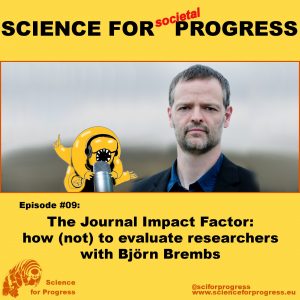
The Journal Impact Factor is widely used as a tool to evaluate studies, and researchers. It supposedly measures the quality of a journal by scoring how many citations an average article in this journal achieves. Committees making hiring and funding decisions use the ‘JIF’ as an approximation for the quality of the work a researcher has published, and in extension as an approximation for the capabilities of an applicant.
“Science is a human endowment. It belongs to all of us, and should be accessible to all of us, physically and intellectually”

Monica Gonzalez-Marquez develops evidence-based methods to teach science reading skills as a staff researcher at Aachen University (Germany). She says that while every university has a writing center of some sort, almost no attention is paid to reading. However, writing is an exercise in imitation: one cannot write well about something one does not understand. Monica thinks that this is at the heart of the problem with the current worldwide epidemic of plagiarism, and why professors continuously complain about their students’ lack of writing skills. To solve this problem, Monica wants to establish reading and interpretation of scientific texts as a core part of the scientific curriculum for students.
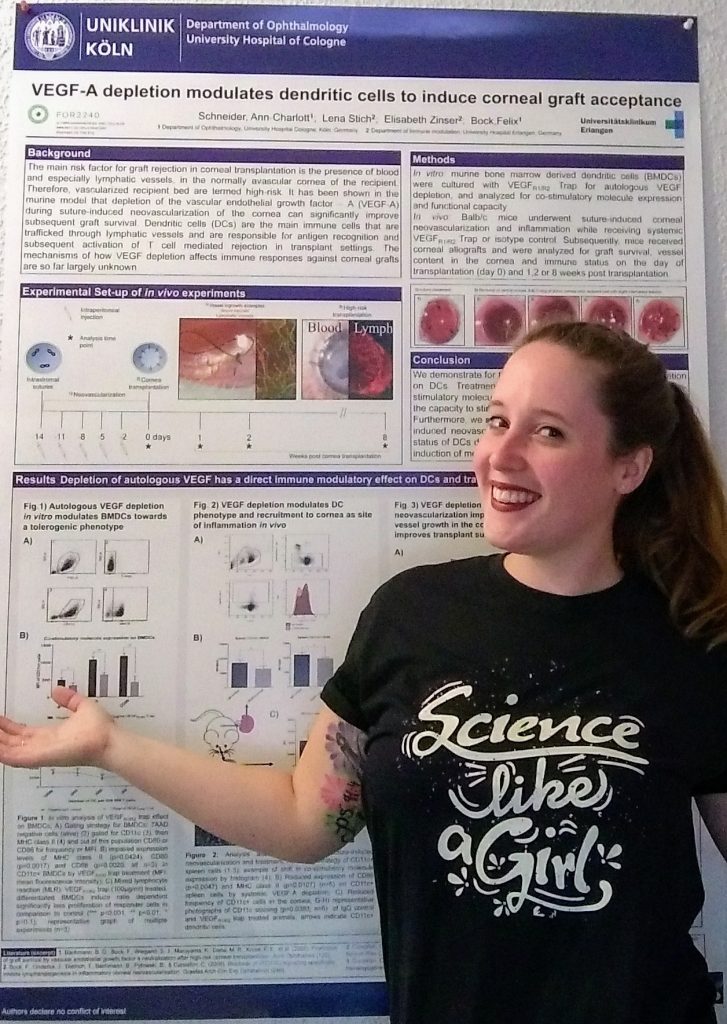 M.Sc. Ann-Charlott Schneider is a PhD candidate in immunology at the University Hospital of Cologne, in Germany. She works to make science accessible for everyone. To communicate science she participates in science slams. In addition, she is writes on her blog “So Protective“.
M.Sc. Ann-Charlott Schneider is a PhD candidate in immunology at the University Hospital of Cologne, in Germany. She works to make science accessible for everyone. To communicate science she participates in science slams. In addition, she is writes on her blog “So Protective“.
During her curation she wants to share insights into her experiences in the science world. She will talk about her participation at famelab, and about science slams. But she also wants to talk about what it means to her to be a first generation university student. Another topic she may address, is animal experimentation.
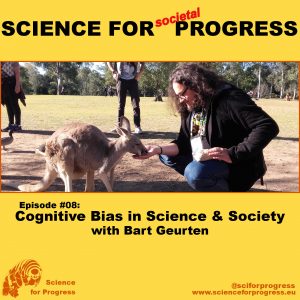 Science compensates for the shortcomings of human cognition. It allows us to apply methods of investigation that are independent of our own subjective notions and irrationality. As a result we have overcome common sense, traditional beliefs, and other misconceptions through thorough investigation. We even describe and utilize phenomena that are as incomprehensible as quantum mechanics, which defies our everyday experience in unimaginable ways. (more…)
Science compensates for the shortcomings of human cognition. It allows us to apply methods of investigation that are independent of our own subjective notions and irrationality. As a result we have overcome common sense, traditional beliefs, and other misconceptions through thorough investigation. We even describe and utilize phenomena that are as incomprehensible as quantum mechanics, which defies our everyday experience in unimaginable ways. (more…)
“Communication starts with listening.”
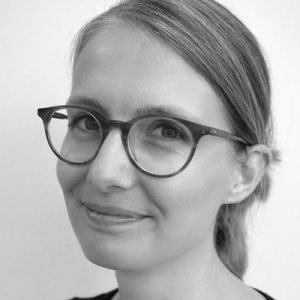
Martine Oudenhoven received her Masters degree in biology and recently became communication adviser for Nikhef, the National Institute for Subatomic Physics in the Netherlands.
She is involved in Open Science through her work on a FOSTER project, organising an Open Science Cafe in Athens in September 2017.
You can organise your own Open Science Cafe with this Open Science Cafe Kit!
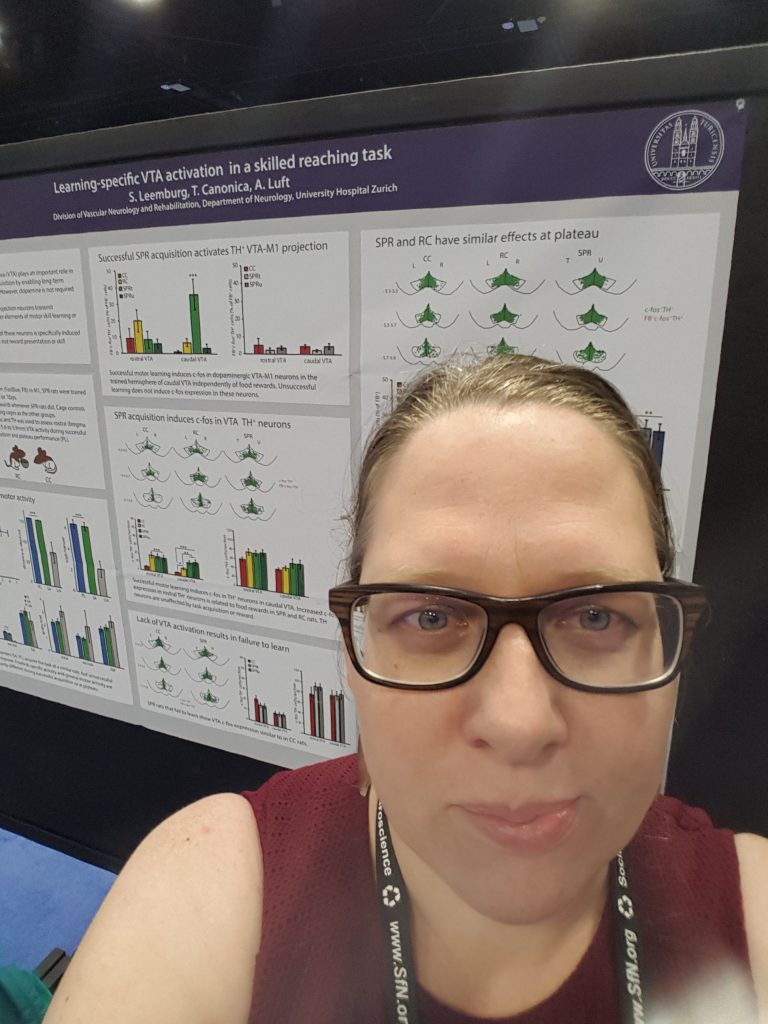 Dr. Susan Leemburg is a neuroscientist from the Netherlands who now lives in Switzerland. After a postdoctoral fellowship at the University of Zurich, she is currently looking for a new position in academic research. In the meanwhile she is working part time at the laboratory animal services center of the University of Zurich. So, during one half of the week Susan helps to make sure that everything is in place for researchers to do the best science possible. During the other half of the week she ‘writes stuff’ (grants, papers, job applications) and tries to figure out how brain activity predicts recovery after stroke.
Dr. Susan Leemburg is a neuroscientist from the Netherlands who now lives in Switzerland. After a postdoctoral fellowship at the University of Zurich, she is currently looking for a new position in academic research. In the meanwhile she is working part time at the laboratory animal services center of the University of Zurich. So, during one half of the week Susan helps to make sure that everything is in place for researchers to do the best science possible. During the other half of the week she ‘writes stuff’ (grants, papers, job applications) and tries to figure out how brain activity predicts recovery after stroke.
![]() Dr. Nuno Henrique Franco is Assistant Researcher at the Instituto de Investigação e Inovação em Saúde, i3S (Institute for Investigation and Innovation in Health) at the University of Porto, Portugal. His research focuses on laboratory animal welfare, along with ethical, legal, social and scientific issues in animal research. His research interests also include translational science, science communication and education. In 2013, he received the UFAW Young Animal Welfare Scientist of the Year Award.
Dr. Nuno Henrique Franco is Assistant Researcher at the Instituto de Investigação e Inovação em Saúde, i3S (Institute for Investigation and Innovation in Health) at the University of Porto, Portugal. His research focuses on laboratory animal welfare, along with ethical, legal, social and scientific issues in animal research. His research interests also include translational science, science communication and education. In 2013, he received the UFAW Young Animal Welfare Scientist of the Year Award.
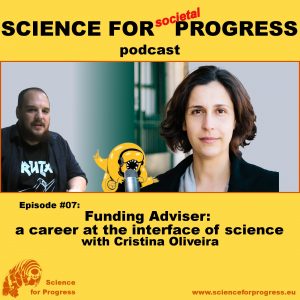 Most academics won’t stay in academia… or let’s say, not every PhD will land a permanent position as a researcher. With the increasing numbers of PhDs this situation is becoming more serious. In this context, we want to interview people who work in so called ‘alternative careers’. Some of these careers are still related to academia. We hope these interviews will be of interest to people in general, since they may learn something more about how academia works. For PhDs who may not stay researchers, it should be interesting to know what kinds of careers they can have beyond the ivory tower.
Most academics won’t stay in academia… or let’s say, not every PhD will land a permanent position as a researcher. With the increasing numbers of PhDs this situation is becoming more serious. In this context, we want to interview people who work in so called ‘alternative careers’. Some of these careers are still related to academia. We hope these interviews will be of interest to people in general, since they may learn something more about how academia works. For PhDs who may not stay researchers, it should be interesting to know what kinds of careers they can have beyond the ivory tower.